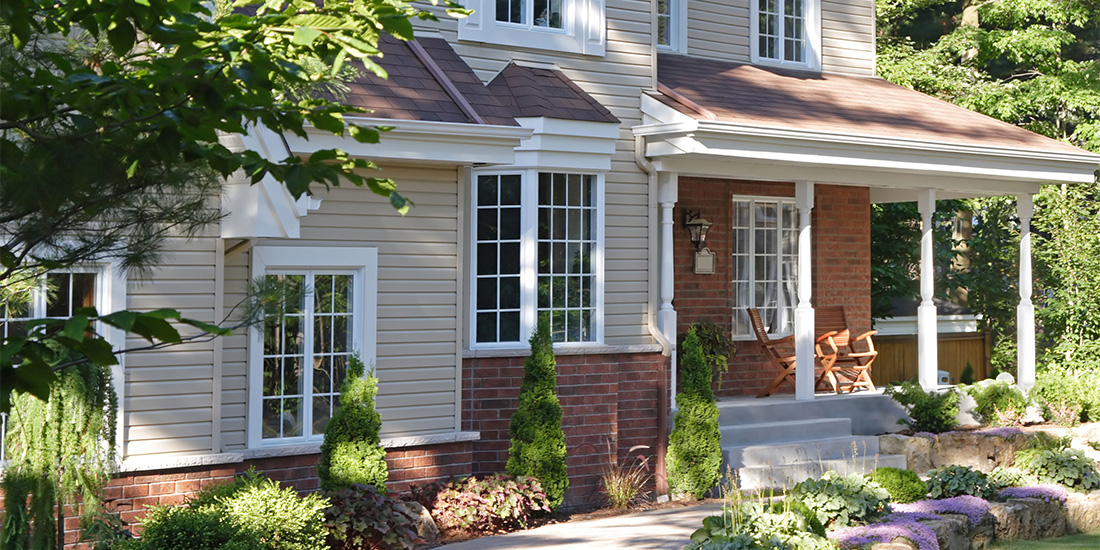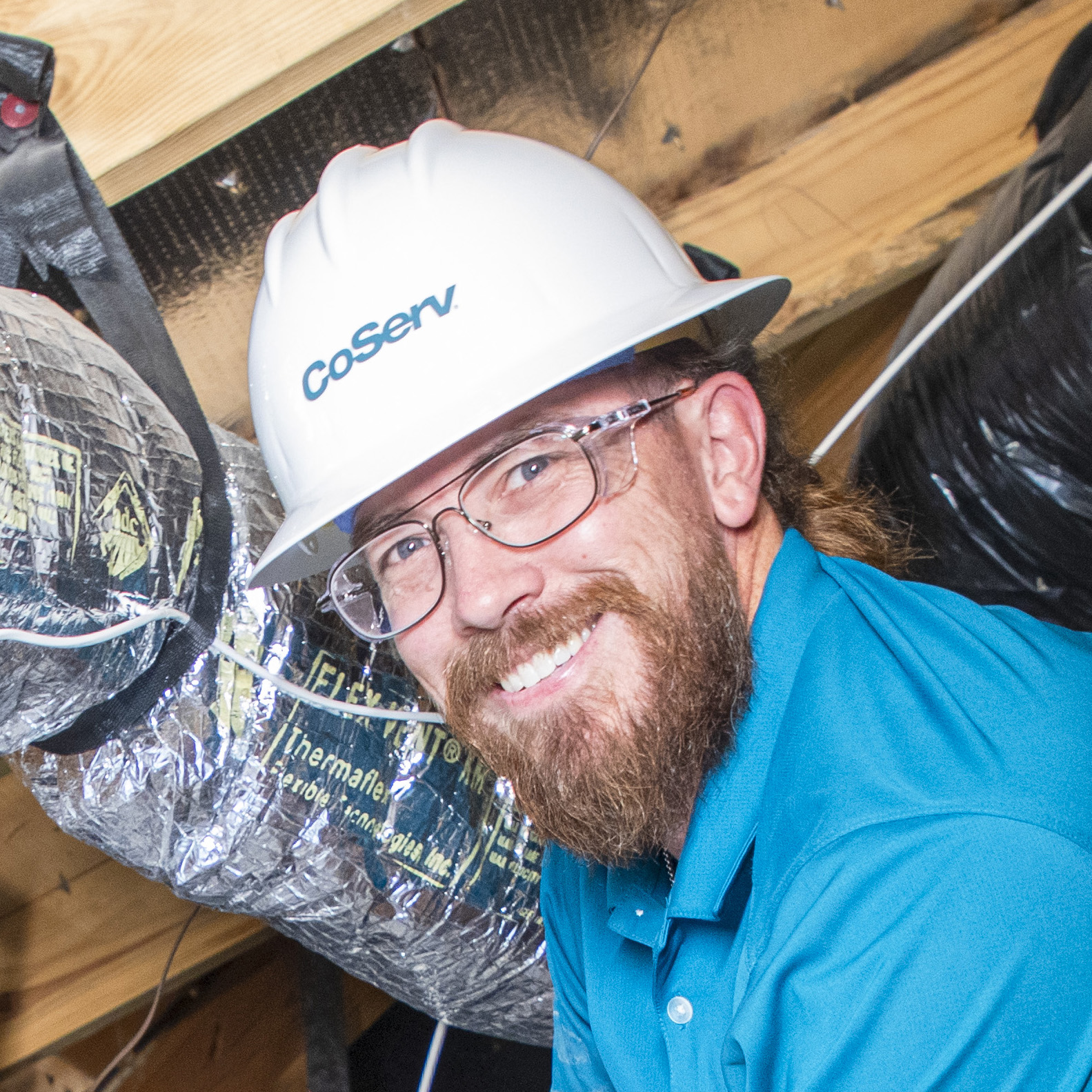Throw Some Shade

Summer in Texas is here, and cooling energy is on the rise, which means there is no getting around higher energy bills but there are ways you can help keep your comfort levels up and your energy bills down by utilizing shade.
Any kind of shade. In my experience as an Energy Solutions Specialist, I have gone to countless homes with little to no shade. When we are looking at new homes in developments, we see the common practice of completely clearing the land of any potential shade, building homes, and then planting new small trees. This might be great in thirty years, but that’s quite a few summers to wait for that nice shade.
The average home’s electricity in the summer can be as much as 80% HVAC cooling. What drives that 80% usage? Heat gain and it’s important to understand how it affects your home.
There are four main ways your home gains heat:
- As you probably guessed - the sun. Radiated heat penetrates your roof, walls, and especially windows. Here in the northern hemisphere the sun is always on the south side of our homes. It’s lower in the winter and higher in the summer, but always in the south.
- Heat radiates towards cooler temps and contrary to the common saying, heat doesn’t just rise, it moves in all directions. When it is 100 degrees outside and 75 degrees inside, the heat tries to get in through your walls. This is why having adequate insulation is so important. (These concepts of thermodynamics are very important in understanding energy efficiency, but we will save them for a different article.)
- Day-to-day living in your home. It’s unavoidable but when you live in a home, cooking, showering, using electronic devices – all create heat inside your home. And depending on your habits, it could make a big difference in keeping your home cool.
- Air leakage. The seals around your windows, the sunlight that comes through your door frames, are other ways heat enters your home. I think it surprises a lot of people that air leakage isn’t a bigger part of their heat gain. Again, understanding air leakage is important, but we will save it for another day.
So, how do you combat heat gain?
If you want the most efficient way to reduce heat gain, you need to address the biggest offender. The sun. By adding shade around your home, you can reduce the amount of heat that ever gets inside and significantly help to keep your home cool.
- Plant trees. There have been several studies done on the effect of both trees next to or near a home, and trees in neighborhoods. These studies have shown varying but positive evidence that trees can decrease summertime bills (nist.gov) (sciencedirect.com: Trees and vegetation for residential energy conservation). To be most effective in our area, trees should be planted on the south and west side of your home. As a bigger bonus, planting large trees also has the added benefit of reducing carbon emissions (nist.gov).
- Use garden trellises and climbing plants such as wisteria or climbing roses in front of first story windows. This will not only give you a pop of color; but it will also provide shade cover for that window in the summer when the plants are in bloom and let in a little sun in the winter. If you have a south facing glass back door, a covered patio could go a long way towards your home comfort.
- Add solar screens to windows and doors. Solar screens can block up 90% of the sun’s heat on the window they are protecting. Solar screens are shading your windows and can significantly reduce heat gain from windows and help protect floors and furniture. Solar screens can be a bit of a financial investment, but they might be the best option for the shade your home needs.
This article hasn’t been about some big idea revolution. Everyone understands that shade is cooler than direct sun exposure, but I do think we tend to overlook the value of it when it comes to keeping our homes cool in the Texas heat.
Whether this article inspires you to plant a large tree or just reminds you that natural light isn’t really free, hopefully you’ve learned something that helps you keep your comfort levels up and your energy bills down.

The Energy Coach, Craig Lay, is an Energy Solutions Specialist at CoServ, where he is dedicated to guiding Members and Customers toward optimizing their homes' energy efficiency. With 7 years of experience in the energy industry, Craig combines his expertise and passion for energy conservation to help individuals make informed decisions for their families and homes.

